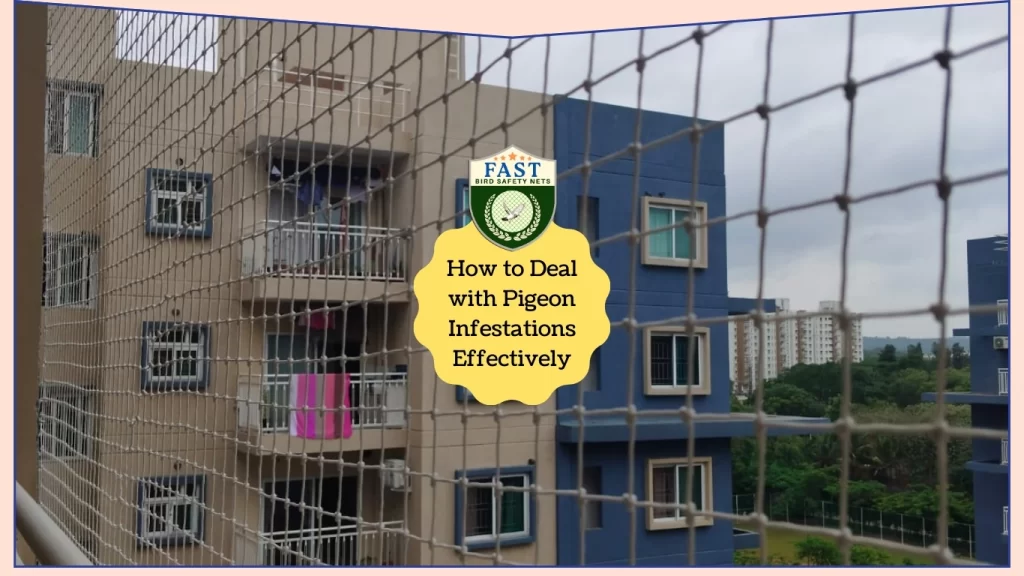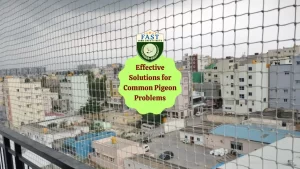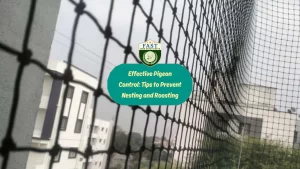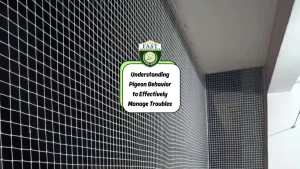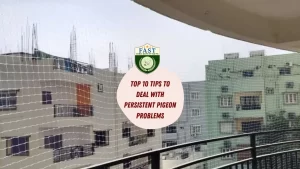Introduction: Pigeons, though often considered as symbols of urban life, can quickly turn from charming to troublesome when they infest properties. Their droppings not only deface buildings but also pose health hazards due to the presence of bacteria and fungi. Effectively managing pigeon infestations is crucial for property owners to maintain cleanliness, structural integrity, and the well-being of occupants. In this comprehensive guide, we’ll delve into various strategies and techniques on how to deal with pigeon infestations effectively.
1. Identification of Pigeon Infestation:
Recognize Signs: Start by identifying common signs of pigeon infestation, including large amounts of droppings, nests made of twigs and debris, cooing sounds, and an abundance of birds loitering around the property.
Assess Damage: Evaluate the extent of damage caused by pigeons, such as corroded surfaces due to acidic droppings, clogged drains from nesting materials, and potential health risks from accumulated waste.
2. Prevention Measures:
Block Entry Points: Seal off potential entry points that pigeons might use to access buildings, such as gaps in eaves, vents, broken windows, and open chimneys. Install bird-proofing materials like wire mesh or netting to deter their entry.
Remove Food Sources: Eliminate food sources that attract pigeons, such as open garbage containers, food spills, and unsecured compost bins. Regularly clean up food scraps and ensure proper waste management practices are in place.
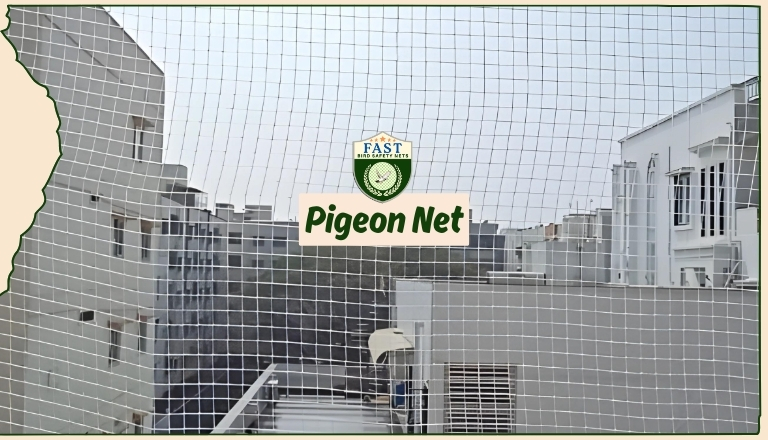
3. Humane Deterrents:
Install Bird Spikes: Bird spikes are a humane deterrent that prevents pigeons from landing or roosting on ledges, sills, and rooftops. These devices are non-lethal and simply make perching uncomfortable for the birds.
Use Repellents: Deploy non-toxic repellents to discourage pigeons from roosting. Options include reflective surfaces, predator decoys, motion-activated sprinklers, and sonic devices that emit distress calls or predator sounds.
4. Professional Assistance:
Hire Pest Control Services: If the infestation persists or is severe, consider hiring professional bird control services specializing in bird management. These experts can conduct thorough assessments and implement targeted control measures tailored to your property.
Consult Bird Control Experts: Seek advice from bird control specialists who can provide insights into pigeon behavior, recommend effective deterrents, and assist with the installation of preventive measures.
5. Regular Maintenance:
Cleanliness: Maintain cleanliness by regularly removing bird droppings, nests, and debris from the property. Use appropriate cleaning methods and protective gear to minimize health risks associated with bird waste.
Monitor Infestation: Keep a vigilant eye on your property for signs of renewed pigeon activity, such as droppings or nesting materials. Address any potential nesting sites promptly to prevent the recurrence of infestations.
Conclusion: Deal with pigeon infestations by using above tips effectively. By identifying infestation signs early, implementing preventive measures, seeking expert guidance, and maintaining vigilance, property owners can effectively manage pigeon populations and safeguard their properties against damage and health risks. Remember, proactive management and regular maintenance are key to long-term pigeon control and property protection.

